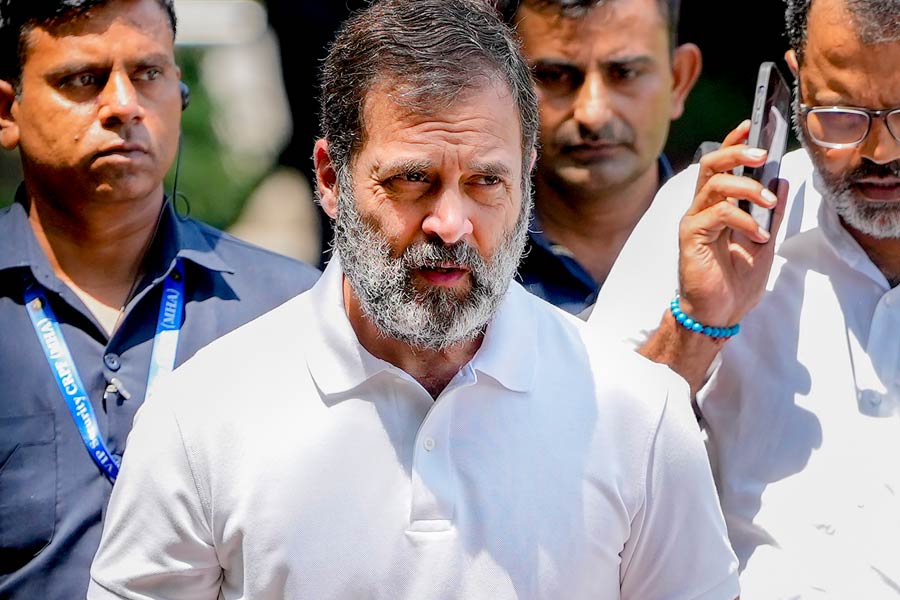Defamation is competing with sedition as the most popular offence. The Gujarat High Court’s rejection of Rahul Gandhi’s plea to stay his conviction in a defamation case should prompt Indians to re-examine the structures meant to protect their freedoms. Mr Gandhi was convicted of defamation for asking rhetorically in a 2019 election speech why all those thieves had the surname Modi. The hyperbole may have been ill-advised, but the question here is about the nature of political rhetoric. Even if the appellations and allegations in the speeches of other politicians, especially those of Bharatiya Janata Party leaders, are overlooked, this conviction restricts freedom in political speeches. One of the conditions of defamation is intent or malice. The court reportedly stated that Mr Gandhi had made a false statement to influence election results. This would confuse the voter about a politician’s role in an electoral contest apart from redefining the legal sense of malice. Defamation also requires that there should be harm done to the person or persons defamed. The conviction assumes — takes for granted — that three crore Modis have been aggrieved. But if changes are being made in the defamation law, the legislature should make it and the people be informed beforehand. For this, too, restricts free speech.
Mr Gandhi was convicted by one court and his conviction was upheld by two more. All courts accepted the BJP politician who complained as the representative of the vast community of Modis whether or not they knew him. There was no need for the person or persons defamed to make the complaint as expected. The ‘societal good’ that accrues from avoiding an expensive election by staying the conviction of a member of parliament — as the Kerala High Court did — was found irrelevant too. The high court referred to 10 more criminal cases against Mr Gandhi while emphasising the gravity of his offence and the need for purity in politics with legislators having ‘clear antecedents’. While it is not clear how other cases could matter in the rejection of Mr Gandhi’s plea regarding only one, the fact that most of those were similar complaints by other BJP personalities was irrelevant. This would effectively bar Mr Gandhi from the Lok Sabha for years. The case has serious ramifications for the people. Are laws changing without their knowledge?











